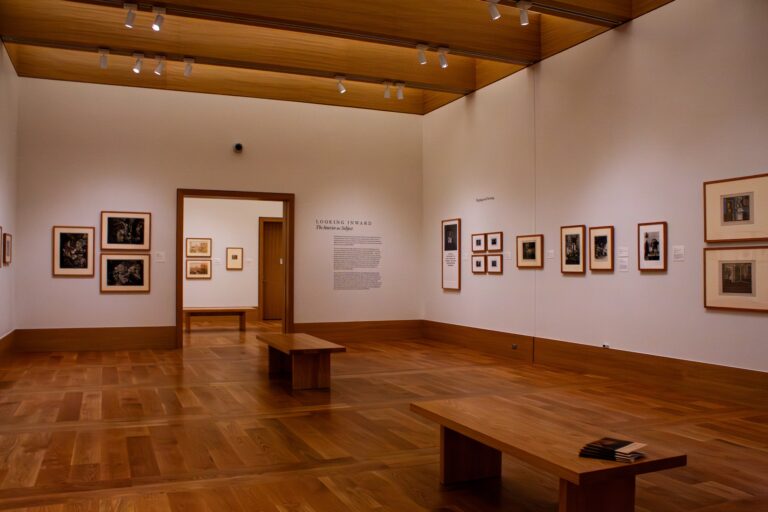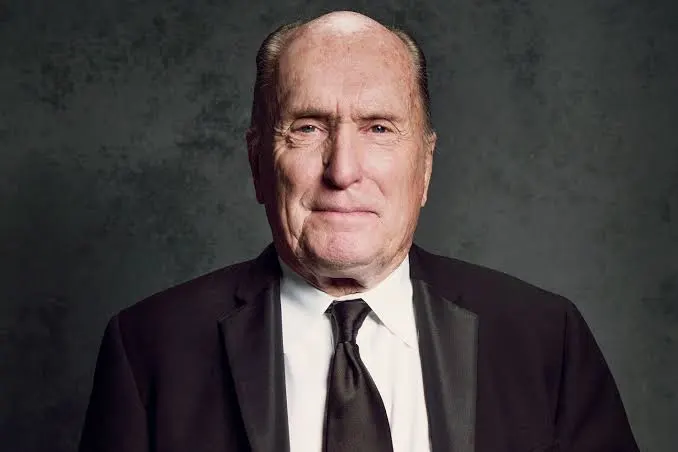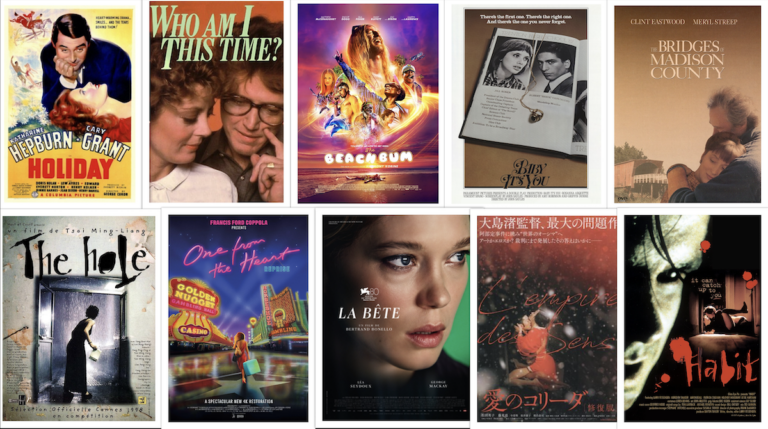Playing music with your brain: Sitting in a room with experimental music professor Alvin Lucier
Professor Alvin Lucier may be the most famous professor here that you’ve never heard of. Through his groundbreaking compositions, Lucier has become a world-renowned composer and is hailed as a genius in the experimental music genre.
However, Lucier’s path to experimental music was not a planned one. Though he grew up in a musical house dreaming of becoming a composer, he was not initially inspired by experimental music.
“I grew up in a musical family,” Lucier said. “My father, although he was a lawyer, was an accomplished violinist, and my mother was a pianist. There was always music in our house. We sang around the dinner table in four-part harmony. So I always wanted to be a composer.”
He, like many Americans at the time, was obsessed with jazz music—though he soon realized that he lacked the skills needed to compete in the quick and improvisational genre.
“It became clear to me that I wasn’t good enough to play jazz,” Lucier said. “And so I went to college and studied classical music.”
It was only when Lucier went to Rome on a Fulbright Scholarship in 1960 that he began to discover music outside of the classical and jazz genres that he had been exposed to all his life.
“I heard a lot of European avant-garde music [in Rome],” Lucier said. “While I admired it, it wasn’t my music. Then I met John Cage and David Tudor. They were doing amazing things in live electronic music. That was an inspiration for me.”
After coming back from Rome in 1962, Lucier taught at Brandeis University outside Boston, and served as the conductor of the chamber chorus there. In 1965 Lucier composed “Music for Solo Performer,” a piece in which electrodes are attached to the performer’s scalp. When the performer achieves a “meditative” state of mind, the electrodes detect bursts of alpha waves that then create amplified electrical signals, causing percussion instruments arrayed throughout the performance space to vibrate.
In 1970 Lucier decided to leave Brandeis and head to Wesleyan, where he says he found a more accepting musical environment.
“The music program was more open to the music I was doing,” Lucier said.
Throughout his nearly forty years teaching here, Lucier has taught many introductory experimental classes, as well as graduate seminars and first year initiatives. He takes a slightly different approach to each class. In his introductory class, he covers the material by going over one composer at a time, not necessarily in chronological order. In graduate and first year initiative seminars, the class is based upon discussions between him and his students.
Because of his close relationships with many of the foundational composers of experimental music, Lucier is able to provide his students with interesting stories behind the facts in the textbook.
“Professor Lucier basically knows everyone that is mentioned in our textbook on a personal level,” Neo Sora ’13 said. “In fact, Professor Lucier himself is frequently mentioned in the book. So he brings in interesting back stories that we would not have known otherwise.”
Although Lucier acknowledges that many students have not been exposed to experimental music, he is seeing more and more students each year who recognize the famous experimental composers he talks about in his classes.
“In America, pop music takes the center stage…it’s on the radio all the time,” he said. “[But] every year freshman seem to know more about composers that I talk about—John Cage, Robert Ashley, Steve Reich.”
Lucier’s students get the rare opportunity to hear first-hand how his pieces were composed.
“When Lucier talks about his own pieces, our class really gets to learn about the process each composer goes through-from an original thought to a piece of experimental music,” Tacie Moskowitz ’13 said.
Many of his compositions are unconventional, at least compared to pop music. One of his most famous pieces, “I am sitting in a room” (1969), is a recording of Lucier speaking into a tape recorder and then playing back his recording and rerecording it over and over until his words become unintelligible.
“It’s music that’s not based on music of the past,” he said. “It’s based on more sounds that are around us—room acoustics, environmental sounds, sounds of nature.”
Lucier’s compositions are often inspired by the natural characteristics of sound and sound waves. He composes when ideas strike him, rather than on a routine basis.
“[Ideas] pop into your head—but you’re prepared for it, because it’s your field,” he said. “I think about it a long time, trying to figure out the simplest way of making a piece out of whatever idea I have.”
Lucier says he works best when he is under pressure to write a piece on deadline. He was recently asked to compose a song for the Feet to the Fire program, which was entitled “Glacier” and was performed by a solo cellist this past April.
These days, many experimental composers create compositions that rely heavily on computer technology. Lucier, however, only uses computers for simple functions such as memory storage and recording. Computers would have made “I am sitting in a room” easier to record, for example, since he could now use a patch to create the same effect as in the original piece.
Lucier is no purist, however. He enjoys listening to newer, computer-based experimental music, such as San Francisco band “The Hub,” whose members create music by sending each other signals through four computers. He also admits that he doesn’t always listen to experimental music.
“I like to listen to pop music when I’m driving,” he said.
Though he plans to retire from teaching within a year or two, Lucier will still continue composing pieces under commission. He recently wrote a piece for cello and clarinet for the miniaturist ensemble in New York, in which each piece must be one hundred notes or less.
Currently Lucier is composing an environmental piece for an architectural school in London. He is working with the school to design a room with interesting acoustics, and once the room is complete, he will compose a piece for an ensemble to play in it.
Once Lucier retires from teaching, he hopes to have the time to sort through all of his archives.
“I have to take care of my business, my archives, my scores,” he said. “They’re a mess.”
Lucier has no idea what the future will bring for experimental music, but he’s looking forward to watching his genre progress.
“Computers will continue, musicians will continue to play, things will continue as they are,” he said. “Who knows what the changes will be? There’s no way of knowing.”







shouldn’t that be “your” brain?
not ‘shouldn’t that be’
but – of course it should.
YOUR is an important distinction!!
i love Alvin Lucier anyways. Thanks.
Save the date for “A Celebration of Alvin Lucier”, November 4-6, 2011 (during Homecoming/Family Weekend): http://on.fb.me/f7j7pl